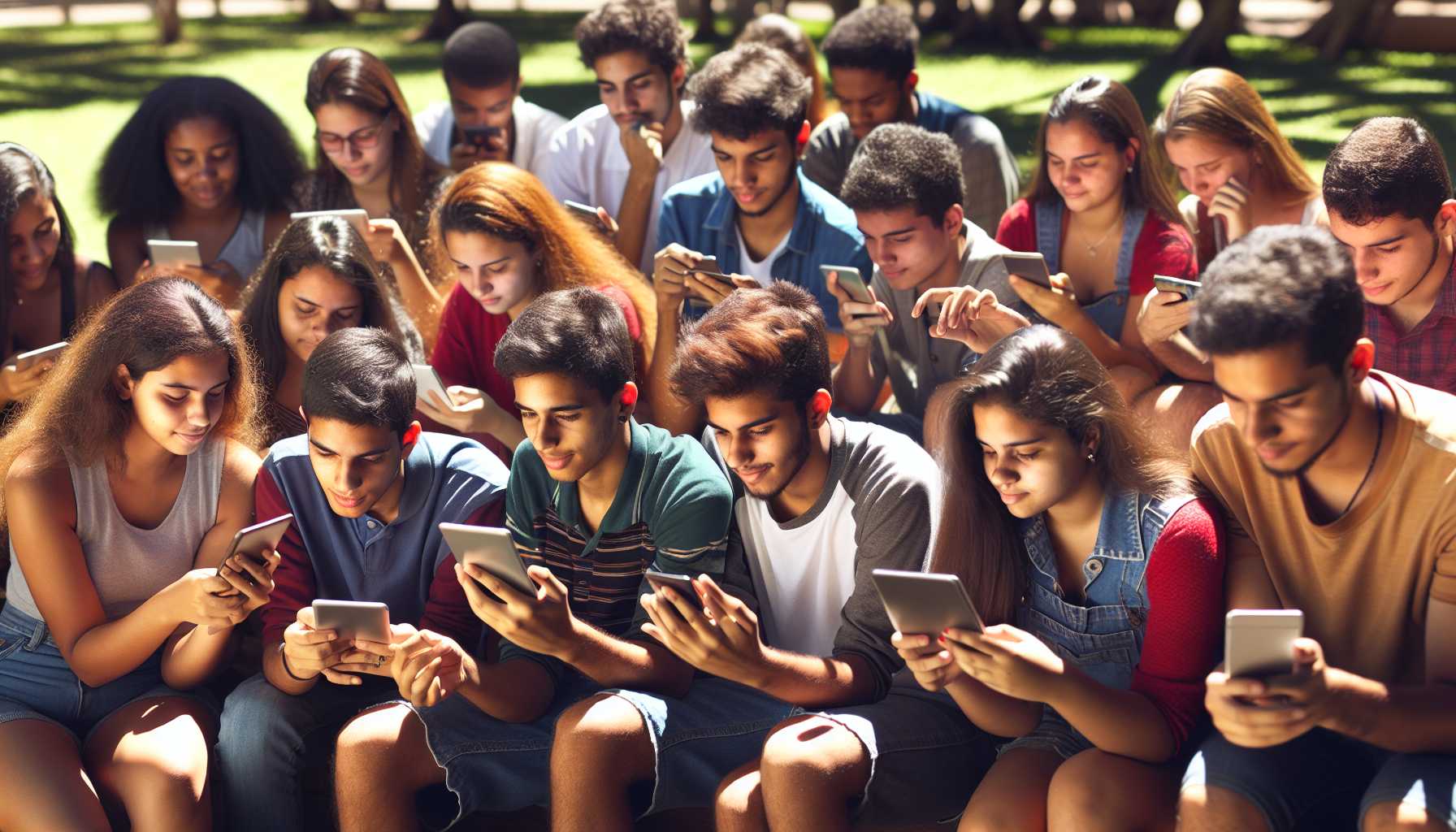Mobile Devices Revolutionizing Education in Brazil
Mobile devices have become an integral part of our lives, and their use for educational purposes is on the rise. In Brazil, a significant number of users are turning to their smartphones and tablets to access educational content and resources. According to a recent study by Statista, 74% of Brazilians use mobile devices for educational purposes.
Activities Using Mobile Devices for Education
- Accessing online learning platforms: Platforms like Coursera, Udemy, and Khan Academy offer a wide range of courses and educational materials.
- Reading e-books and articles: Many educational resources are now available in digital format, making them easily accessible on mobile devices.
- Watching educational videos: YouTube and other video platforms offer a wealth of educational content, from lectures to documentaries.
- Using educational apps: There are countless educational apps available for mobile devices, covering a wide range of subjects.
Prevalence of Mobile Learning in Brazil
The use of mobile devices for educational purposes is particularly prevalent among younger generations. A study by the Brazilian Institute of Geography and Statistics (IBGE) found that 84% of Brazilians aged 15-24 use mobile devices for education.
Factors Driving Mobile Learning Growth
- Increased access to mobile devices: The cost of smartphones and tablets has decreased significantly in recent years, making them more accessible to a wider population.
- Improved internet connectivity: Brazil has seen a significant expansion of its internet infrastructure, making it easier for people to access online educational resources.
- Growing demand for flexible learning options: Mobile learning offers a convenient and flexible way to learn, allowing people to study at their own pace and on their own schedule.
Benefits of Mobile Learning
- Accessibility: Mobile devices allow people to access educational resources from anywhere, at any time.
- Affordability: Mobile learning can be more affordable than traditional forms of education.
- Flexibility: Mobile learning allows people to learn at their own pace and on their own schedule.
- Engagement: Mobile devices can make learning more engaging and interactive.
Challenges of Mobile Learning
- Distractions: Mobile devices can be a source of distraction, making it difficult to focus on learning.
- Data costs: Data charges can be a barrier to accessing online educational resources.
- Lack of access to devices: Not everyone has access to a mobile device or a reliable internet connection.
Conclusion
Mobile devices are playing an increasingly important role in education in Brazil. With their accessibility, affordability, and flexibility, mobile devices offer a promising solution for meeting the growing demand for education in the country.
“`
This HTML code is optimized for SEO by including relevant keywords in the headings, alt text, and body content. It is also formatted in a way that is easy for search engines to understand.

